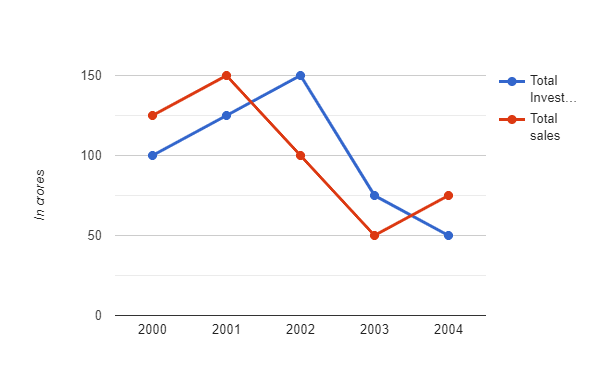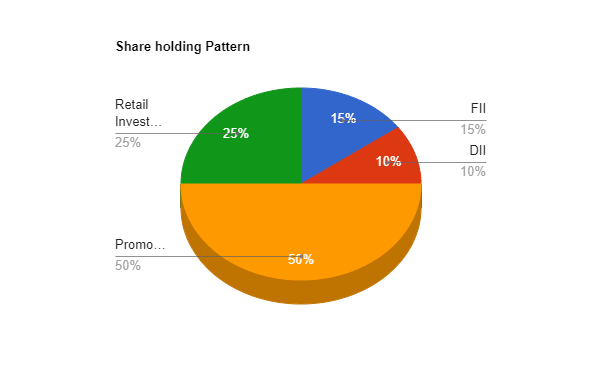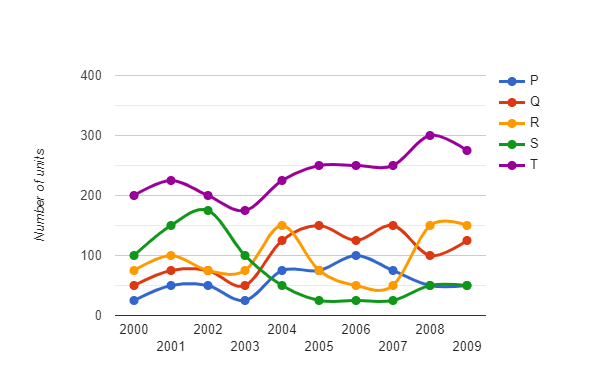Analytical Thinking: Analytical thinking refers to the ability to gather and analyze information to identify patterns, draw conclusions, and solve complex problems. It is important to measure this skill in the test as business analysts need to be able to break down complex problems, analyze data, and provide insights to stakeholders.
Data Interpretation: Data interpretation involves understanding and making sense of data by analyzing patterns, trends, and relationships. This skill is crucial in the test as business analysts often work with large amounts of data and need to be able to extract meaningful insights to support decision-making.
Data Sufficiency: Data sufficiency is the ability to determine if the available data is adequate to reach a conclusion or solve a problem. In this test, measuring this skill is important as it assesses the candidate's ability to assess the completeness of data and make informed decisions based on the available information.
Listening Skills: Listening skills refer to the ability to actively and attentively understand and interpret verbal information. This skill is measured in the test as business analysts often participate in meetings, interviews, and conversations where active listening is essential to grasp requirements, understand stakeholders' needs, and communicate effectively.
Data Comprehension: Data comprehension involves the ability to understand and comprehend complex data sets and their implications. This skill is important to measure in the test as business analysts need to be able to analyze and interpret data accurately to provide accurate insights and recommendations to stakeholders.
Business Analysis: Business analysis refers to the practice of identifying business needs and determining solutions to address those needs. Measuring this skill in the test is crucial as it assesses the candidate's ability to understand business processes, identify areas of improvement, and propose effective solutions.
Requirements Gathering: Requirements gathering is the process of identifying, documenting, and prioritizing the needs and expectations of stakeholders. Measuring this skill in the test is important as business analysts need to be able to effectively gather requirements to ensure that the solutions proposed meet the needs of the stakeholders.
Process Improvement: Process improvement involves identifying inefficiencies and finding ways to enhance and optimize existing business processes. Measuring this skill in the test is essential as business analysts play a critical role in identifying opportunities for process improvement and implementing strategies to enhance operational efficiency.
Business Modeling: Business modeling refers to the creation and representation of conceptual models that describe various aspects of a business. Measuring this skill in the test is important as business analysts need to be able to develop and utilize business models to analyze, design, and communicate complex business processes and systems.
Risk Analysis: Risk analysis involves assessing and evaluating potential risks and their impact on project outcomes. Measuring this skill in the test is crucial as business analysts need to be able to identify, analyze, and plan for risks to ensure the success of projects and mitigate potential issues.
Project Management: Project management refers to the planning, organizing, and controlling of resources to achieve specific project goals. Measuring this skill in the test is important as business analysts often play a role in project management, ensuring that projects are delivered on time, within budget, and meet the desired outcomes.



























































